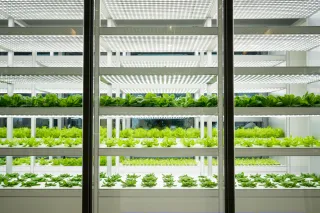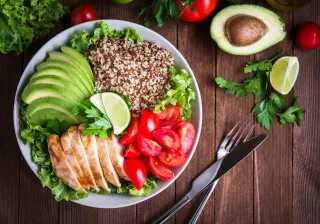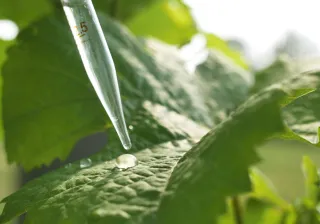Sustainable food system
Demand for food is growing at the same rate as the world population. Food production needs to be both sufficiently efficient and less harmful for the environment than before. The challenge is massive, but big steps have already been taken in the right direction.
The time has come to unleash sustainable food production.
Plant-based products are taking over more shelf space in grocery stores and they are also increasingly finding their way into customers’ shopping baskets. Cellular agriculture is increasingly being discussed as a feasible way of revolutionising primary production.
In 2030 primary production of food and the food industry support the circular economy in nutrients, energy, and water. With solutions involving plant-based food innovations and cellular agriculture, the use of animal protein has declined considerably. Food production has become a service that combines the individualised production of food, smart packaging, and agile logistics.
Our approach
We are developing an environmentally friendly food system that promotes human health. We offer possibilities for cooperation in the development of sustainable solutions for raw materials and food products.
These are the cornerstones of our approach:
-
We modify the use of raw materials and production processes in a way that makes it possible to use raw materials as food as efficiently possible.
-
We utilise the use of raw materials that were previously used mainly as animal feed for human nutrition and develop new plant-based ingredients containing proteins and nutritious fibres.
-
We use cell factory solutions to steer development toward ethical and delicious foods whose production does not require fields or animals.
-
We enable data-based innovations to serve the individual needs of consumers. This is how we promote the wellbeing of both the planet and people.





